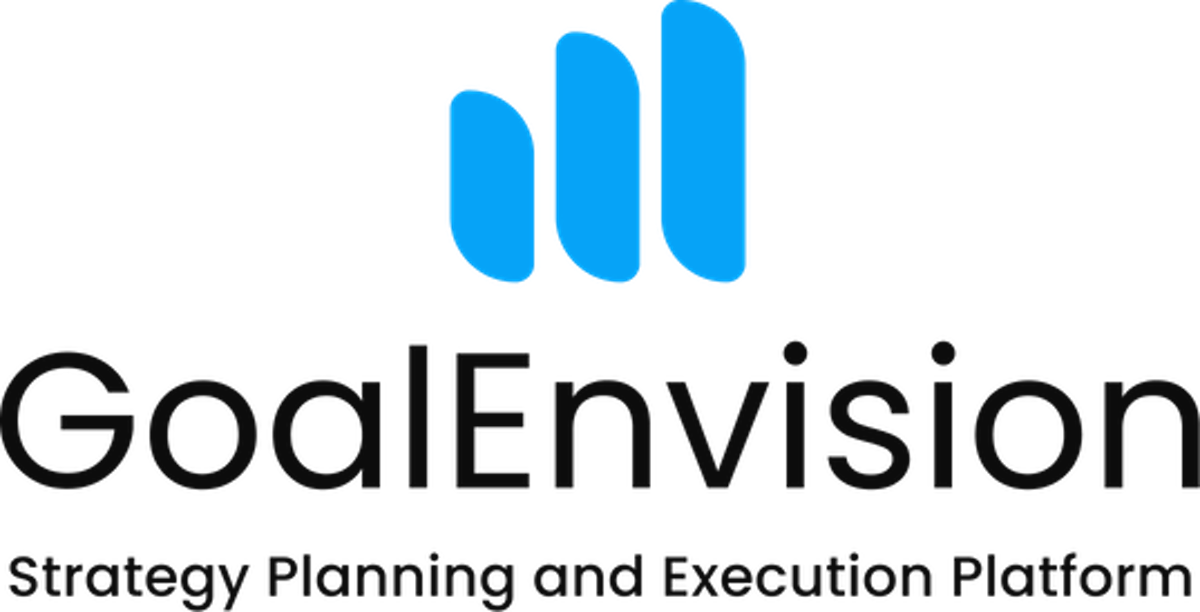Flexibility in business planning: How to succeed!
Share this article
Flexibility is a valuable trait in business planning. It is about being open to change and adapting when necessary to achieve your goals. In this chapter, we will explore the importance of flexibility and how you can incorporate it into your planning to deal with unexpected events and challenges.
Why is flexibility important in business planning?
Flexibility helps you to:
- Adapt to unexpected events: it allows you to quickly adapt your plan when unexpected events or obstacles arise.
- Prevent stagnation: Being too rigid in your plan can lead to stagnation and failure when circumstances change.
- Exploit opportunities: Flexibility allows you to take advantage of unexpected opportunities and changes in your favour.
Read more about how GoalEnvision helps you to be flexible in business planning...
How to include flexibility in planning
1. Identify potential obstacles: Try to anticipate potential obstacles or challenges that may arise during the implementation of your plan.
2. Create contingency plans: develop backup plans or alternative strategies that can be used if something goes wrong or circumstances change.
3. Be open to feedback: Create a culture of openness where team members and other stakeholders are encouraged to share feedback and suggestions for improvement.
4. Continuous monitoring: Continuously monitor progress towards your goals and identify early on if something is not going according to plan.
5. Rapid response: If problems arise or circumstances change, be prepared to act quickly and implement your contingency plans if necessary.
Read more about business planning...
Example: Flexible business planning
Let's use an example to illustrate flexibility. Suppose you are planning to launch a new product on the market, but in the midst of planning, a global supply crisis affects the availability of key raw materials.
In this case, you can be flexible by:
- Updating the Production Plan: If raw materials are difficult to obtain, you can update your production plan and prioritise products that can be produced with available resources.
- Communicating with customers: Inform your customers of any delays and offer alternative solutions if available.
- Develop new marketing strategy: If the launch has to be postponed, develop a new marketing strategy to keep interest alive until the product is ready.
Concluding Thoughts
Flexibility is a valuable trait in the planning process that helps you deal with changes and unexpected events. By being prepared to adapt your plan when necessary, you can increase your chances of achieving your goals even when circumstances change. Including flexibility as part of your plan can be the key to successfully navigating the challenges and opportunities that arise along the way.
Share this article
Did you like this article? Here is more...
Latest





